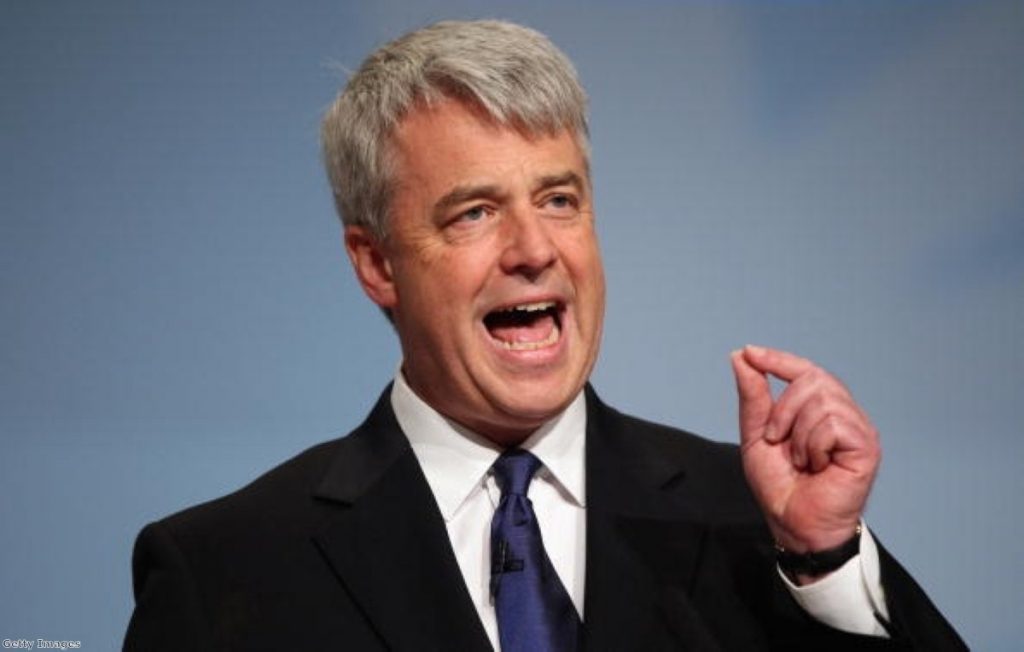The secret campaign to silence critics of NHS reform
By Ian Dunt Follow @IanDunt and Alex Stevenson Follow @alex__stevenson
Leading critics of NHS reform are being silenced in a bid to kill off dissent, according to figures in the health service.
Frances Crook, head of the Howard League for Penal Reform and a former non-executive of a primary care trust (PCT), was told she would be fired if she went public with her criticism, following an article in which she highlighted her concerns in the New Statesman.
"It was quite threatening," she told politics.co.uk.


"I wrote pretty much what non-executive directors at meetings had been saying. I was expressing pretty widespread concerns.
"The director told me if I did this I should resign. He even told the appointments commission and I'm sure they blacklisted me."
She added: "They made it very clear if I did anything else critical in public about the legislation or the way the government was moving I would have to resign.
"Other non-executive directors were worried about going public."
She continued: "There's a voice that’s missing. You haven't heard non-execs talking. And yet we're supposed to represent the public on PCTs."
The comments come as Labour published a letter showing executives at PCTs threatening critics of the health and social care bill with disciplinary action if they publicly criticise the reforms.
The letter, which has been seen by politics.co.uk, is heavily redacted to protect the individuals concerned. It has been sent to one of the signatories of a letter to the Independent earlier this month criticising the reforms.
"You are bound by the NHS Code of Conduct and as such it is inappropriate for individuals to raise their personal concerns about the proposed government reforms," the letter reads.
"You are therefore required to attend a meeting with [redacted] chief executive [redacted] and [redacted] director of OD and HR… to explain and account for the actions you have recently taken."
Andy Burnham attacked the health secretary for the threatened disciplinary action during health questions in the Commons this afternoon.
"Will the secretary of state confirm it's his policy to threaten NHS staff with disciplinary action if they speak out against NHS reorganisation?" he asked.
"He stands full square behind [NHS staff] so he can plunge the knife right into their backs."
The shadow health secretary accused Andrew Lansley of a "top down bullying policy" before being told to wrap up his questioning by the Speaker.
"When he has no argument he resorts to abuse," Mr Lansley commented.
The fraught Commons session came as the coalition suffered serious political damage from the NHS row.
Research by ICM for the Guardian newspaper saw both the Tories and Liberal Democrats suffer as an outright majority of public opinion turned against the government's controversial changes to the health service.
Fifty-two per cent of respoondents believe the health and social care bill should be dropped completely, compared to 33% who prefer to stick with the reforms.
Public hostility to the changes appears to be having a negative impact on broader support for the coalition's two parties.
The Conservatives slipped from 40% to 35% in just one month, while the Lib Dems dropped two points to 14%. Labour advanced by one point to 36%, ending a bad period trailing behind the government for Ed Miliband.
Mr Lansley's reforms are even unpopular among those who say they would vote for the coalition.
Television footage of the health secretary being heckled and jostled by angry protesters outside Downing Street yesterday could have attracted support from the 57% of Lib Dems and 31% of Conservatives who said they were opposed to the changes.
Older respondents tended to be firmer in their opposition. Young voters aged between 18 and 24 actually backed going ahead with the reforms by 46% to 39%. Those over 65 want the government to abandon the legislation by 56% to 29%.

